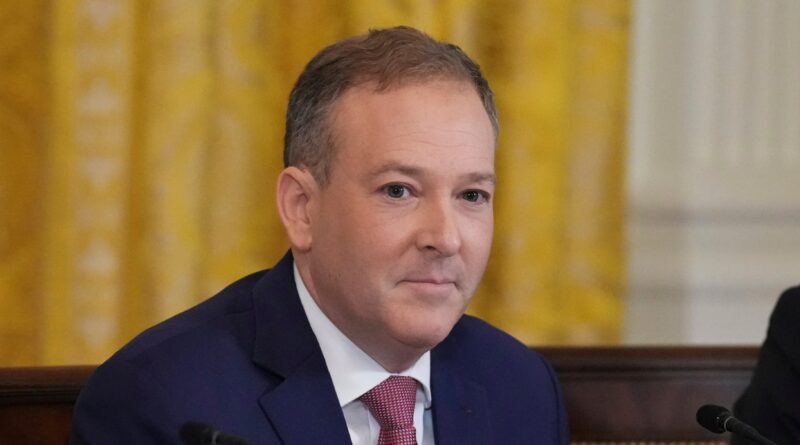Trump Administration to Dismiss Health Researchers at EPA
In the heat of a summer Friday night this July, news broke out that the Trump administration planned to let go all health research scientists employed at the Environmental Protection Agency. The proposed move would dismiss hundreds of experts whose work revolves around investigating the impacts of toxic pollution on human health. Few eyebrows were raised at the news, as EPA has been consistently on a path of removing established policies designed to safeguard both the environment and public health.
The EPA is in the process of formulating a strategy to repudiate its acknowledgment of climate change as a human health risk, a move which could potentially constrain governmental control over greenhouse gas regulation. In his role as EPA administrator, Lee Zeldin has chosen to ease the standards relating to mercury and lead pollution – two toxins notorious for inducing developmental issues in children.
Furthermore, the EPA has put on hold the enforcement of novel regulations from the Biden administration designed to curtail the exposure of the American populace to harmful chemicals. In a concurrent move, House Republicans are making efforts to extend broad legal immunity to pesticide manufacturers and constrain EPA’s regulatory scope over PFAS ‘forever chemicals’. To achieve this, special provisions are subtly incorporated into the budget bills that are presently being processed in Congress.
This orchestrated campaign against the nation’s environmental regulations does not only endanger the environment, but also poses a significant risk to public health. Yet, Kennedy, a noteworthy figure in these affairs, has kept conspicuously silent on these discrepancies, an act which hasn’t gone unnoticed by his followers.
In reaction to the pro-pesticide industry propositions in Congress, key members of MAHA reached out to both Kennedy and Zeldin through a letter expressing their dissent against a bill they argue strips Americans of the power to prevent pesticide exposure and leaves no recourse for seeking justice post harm. Additionally, in their letter, they petitioned the EPA to impose a ban on two pesticides – atrazine and glyphosate – known to cause birth defects and liver and kidney complications.
The group’s strategy now focuses on both the enhancement of the quality of food supplies in the US and the eradication of environmental pollutants. They underscore the presence of toxic substances in our food, rainfall, air, and water, and most alarmingly, in the bodies of our children.
To add to this, a recent letter from the MAHA movement points out that despite reassurances that the administration is on their side, their patience is wearing thin due to the ongoing roll back on environmental protection measures. This rift between the two bodies is clear: whilst the EPA under Zeldin aligns with the industries it regulates and is eager to deregulate as much as possible, the HHS is committed to making the environment safer with the aim to enhance public health.
This goal would undeniably necessitate the implementation of regulations compelling companies to limit the use of certain substances identified as harmful to human health. However, it’s notable that the Federal health agency currently has almost no regulatory power when it comes to combating hazardous substances recognized as chemical toxins.
With industry insiders viewing Kennedy as insignificant and ineffectual, Zeldin basks in the favor of influential figures within the Republican Party. The EPA boasts a wide-ranging authority to control the types and quantities of chemicals that industries discharge into the American environment — or to decide not to. This is perhaps most evident by the pesticide liability relief bill in Congress, which resulted in MAHA’s letter to Kennedy and Zeldin,
Even more concerning, Republicans in both chambers of Congress are much more closely allied with corporate interests than with the advocates of public health. This apparent bias towards big business and the consequent failure to rein in corporate influences might shed some light on why the chronic disease crisis has escalated to its current level.
At present, MAHA finds itself at a pivotal crossroad: do they tilt toward becoming a more political entity, thereby influencing policy decisions, or do they maintain their status quo, ensuring independence while leveraging their clout as a political force? The dilemma presents complex challenges, signaling turbulent times ahead for the organization.



